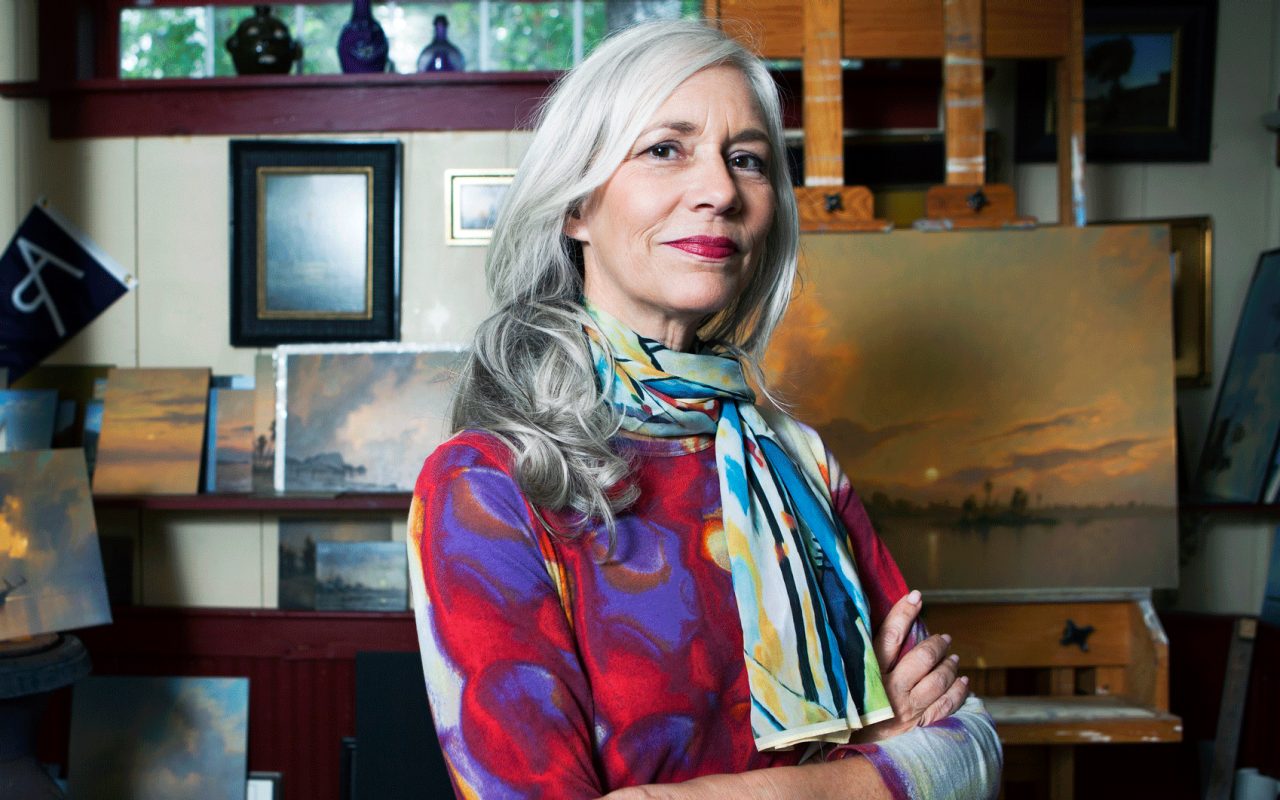When Can You Stop Having Mammograms?

Mammograms are extremely important for detecting breast cancer early, but you can typically stop them once you’re 75. But if you have dense breasts, you might continue having them even past that age.
How often you need a mammogram — if you have any — changes over your lifetime.
Depending on your personal risk factors and your gynecologist, you may have had mammograms in your 40s or skipped them.
The main reason to skip them: A growth might show up on the test, and you could go through the stress of further testing or treatment, even though that growth would not have turned into dangerous breast cancer.
The reason to screen: The screening technology is improving and so is breast cancer treatment, which means that early detection could save your life.
YOU MIGHT ALSO LIKE: Late-Stage Breast Cancer Is Rising Among Younger Women
One strategy is to start screening at age 45. Once you hit 50, the picture is clearer. Medical groups suggest that you have a mammogram at least every two years. Some women might go every year.
According to the U.S. Preventive Services Task Force, mammograms are most likely to protect you from dying of breast cancer during your 60s.
In the 50 to 75 age group, however, you still run the risk of overtreatment. The Task Force notes that even if you are screened every two years rather than every year, at least two or three women will be treated unnecessarily for every woman who avoids a death from breast cancer.
By age 75, there’s no strong evidence that regular mammograms will protect you.
What if you have dense breasts?
Breast density is a risk factor for breast cancer. If your breasts are dense, you may be asked to have an ultrasound or another kind of test, though it’s not clear how much those tests will help identify cancer.
Breast density declines with age. In an analysis of more than 220,000 mammograms, however, a study noted that about a third of women in their 60s and 70s still have dense breasts, more than they might have expected.
The same team found that breast density was linked to higher risk of invasive breast cancer in women age 65 and up. So, you might want to consider that factor, says cancer epidemiologist Dejana Braithwaite, PhD, of the University of Florida’s Cancer Control and Population Sciences Program.
What if breast cancer runs in your family?
This decision is very personal. According to the Task Force, it makes sense to consider screening in your 40s if you have a parent or sibling with breast cancer. Talk to your gynecologist about your best strategy if you know you have a BRCA1 or BRCA2 mutation, or someone in your family has that mutation.
Updated:
May 13, 2022
Reviewed By:
Janet O’Dell, RN